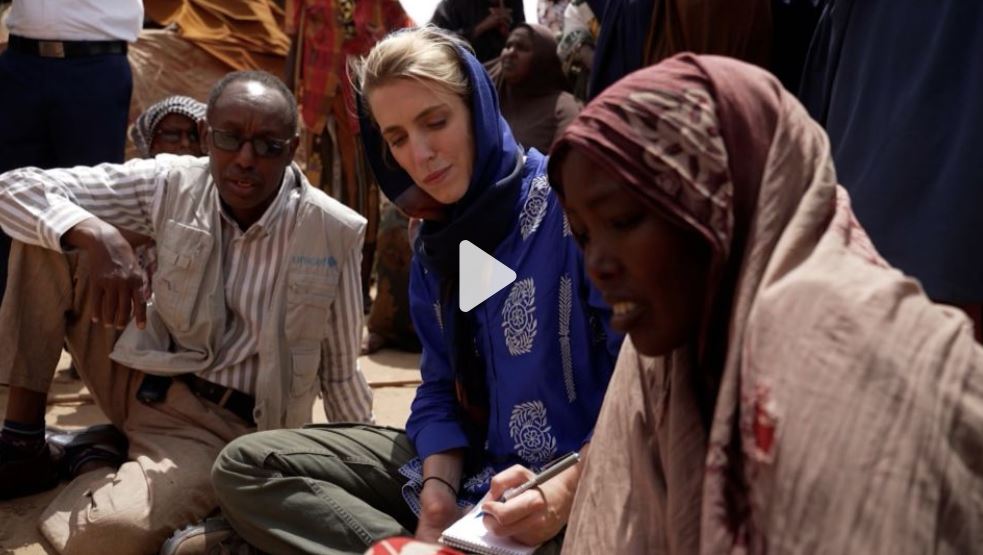
Revelations 18:23:’For the merchants were the great men of the earth; for by thy sorceries were all nations deceived.’
Important Takeaways:
- Joint Statement by the Heads of the Food and Agriculture Organization, International Monetary Fund, World Bank Group, World Food Program and World Trade Organization on the Global Food and Nutrition Security Crisis
- Globally, poverty and food insecurity are both on the rise after decades of development gains. Supply chain disruptions, climate change, the COVID-19 pandemic, financial tightening through rising interest rates and the war in Ukraine have caused an unprecedented shock to the global food system, with the most vulnerable hit the hardest. Food inflation remains high in the world, with dozens of countries experiencing double digit inflation. According to WFP, 349 million people across 79 countries are acutely food insecure. The prevalence of undernourishment is also on the rise, following three years of deterioration. This situation is expected to worsen, with global food supplies projected to drop to a three-year low in 2022/2023. The need is especially dire in 24 countries that FAO and WFP have identified as hunger hotspots, of which 16 are in Africa.
Read the original article by clicking here.




